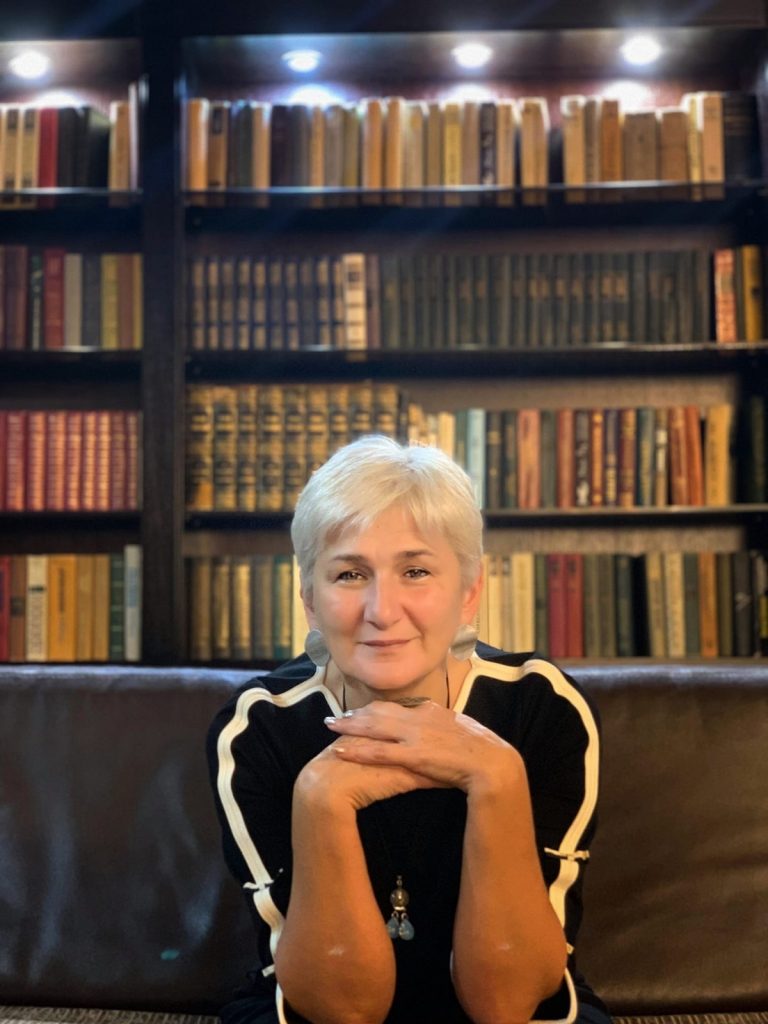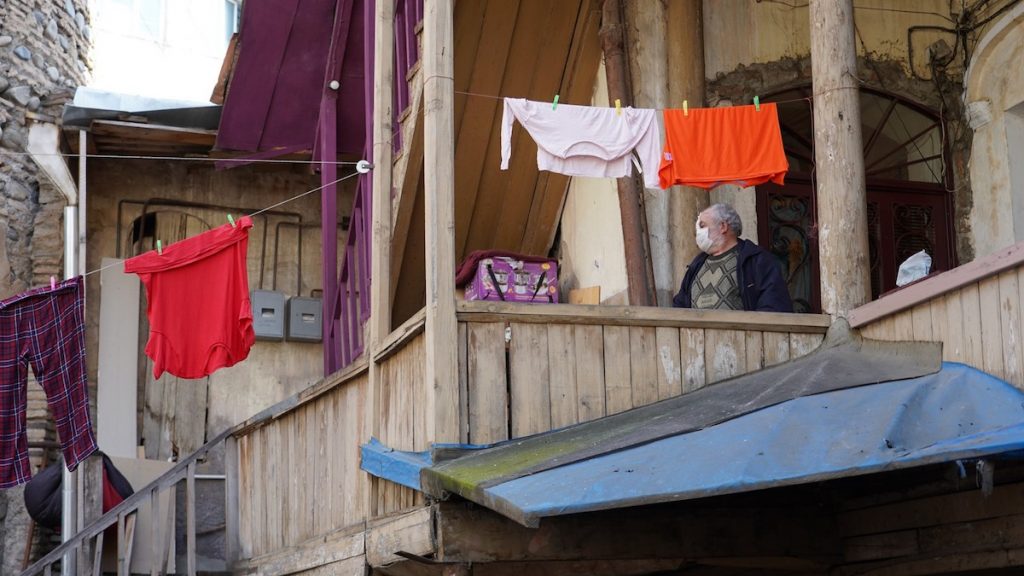How did the lockdown and pandemic affect mental health in Georgia – a psychologist explains
The coronavirus pandemic, the quarantine, being stuck in isolation — all this has a huge effect on the mental health of people around the world. Specialists are still trying to determine how much damage has been caused.
Georgian psychotherapist Ekaterina Darsania sat down with JAMnews to discuss how the crisis has influenced people’s psychological state and how they can overcome the effects of this stress.
Damage done
The largest stressor has already passed, and that was the period of self-isolation after the pandemic was first announced and humanity still had no idea what it was dealing with.
This was a blow to the very foundation of our psychological well-being — our sense of safety and security.
The consequences of this will probably manifest over time, as the damage from this kind of trauma usually appears later.
• Coronavirus outbreak in Armenia – lessons for Georgia
• Georgia: how the markets of Kakheti talk about the coronavirus. VIDEO
The damage that a pandemic does to the human psyche can be quite destructive. But for people in a healthy, functional family environment, this period was more or less pain free.
That being said, those who were in a family environment where they did not feel safe suffered much more.
It is a mistake to believe that everything will go back to normal after the quarantine is over, and that the relationship will return to the way it was before. If people are uncomfortable in their own family and do not have this sense of security, then they should think about how to change this.
Using the example of China, we see that many people coming out of this period of self-isolation wanted a divorce, which indicates that their relationship was not healthy.
Fortunately, in Georgia, this particular statistic is not as significant so far.
Healthy and unhealthy reactions

Being afraid to go outside because you or one of their family members high-risk is a completely normal reaction.
If, despite this fear, you are still able to carry out the tasks necessary to maintain your existence, such as going to the store, doctor, or work, then this is healthy.
But if you are unable to carry out the tasks that are necessary to maintain the health and well-being of you and your family, then it becomes a problem.
If you don’t have the coping mechanisms to be able to deal with this stress, then you need to see a specialist.
Facts, denial, and conspiracy theories
WHO recommends reading news about the pandemic once or twice a day, as this is enough to stay apprised to the situation.
Focusing too much on pandemic news can exacerbate the situation. Your brain is unable to cope with and process such a large flow of information, and you will become more anxious.
There are still people who do not believe in the virus, or do not believe it is dangerous, but buy into the conspiracy theories. This is only natural.
In fact, it’s a psychological coping mechanism, but not a healthy one. It is what is known as denial.

That is, in this case, people primitivize and simplify the stressor (the factor that provokes stress), because they are unable to change or resist it. And they tell themselves that there is really no danger.
This is a normal reaction for anyone, myself included, when they are in an uncertain position for a prolonged period of time.
But if in the end, you decide to listen to the recommendations of reputable experts, then this is still considered a healthy reaction.
Research
A lot of research is being done in the world on the impact of a pandemic on people’s psyche. In Georgia, such a study is being carried out by the Global Initiative on Psychiatry.
In the end, it is likely that each country will have its own research, which will all be combined and generalized, and the overall picture of how much damage the pandemic caused to people’s mental health will become clear.
Only then there will be an understanding of what kind of anxiety disorders or other types of complications are caused by this stress. And then, perhaps, specific recommendations will be established on how to deal with these effects.
But it will take time.
Children and the education system
I believe that the family is responsible for the mental health of children.
It is very important that the family has a constructive dialogue with children, providing them with information about the pandemic in a language that they understand, doing activities to distract and entertain them, as well as lead to their personal growth.
During the quarantine, many children were actually in a better position, as they were able to have more contact with their parents.
I think that families least affected were those in which the parents and all family members were together and regularly interacted with children. When parents have a healthy relationship with their children, the children suffered less during the period of isolation.
As for online learning, this is stressful for the child, because children are much more motivated by their relationships with other children and socializing with friends.
The educational process, in addition to teaching specific subjects, also teaches us to communicate. This is what children lacked the most.
The pandemic gave us a good lesson in who and what is important to us. It let us know what communities are valuable to us.
It also gave us the opportunity to reexamine our values, which is important for us to do in our lives.


















